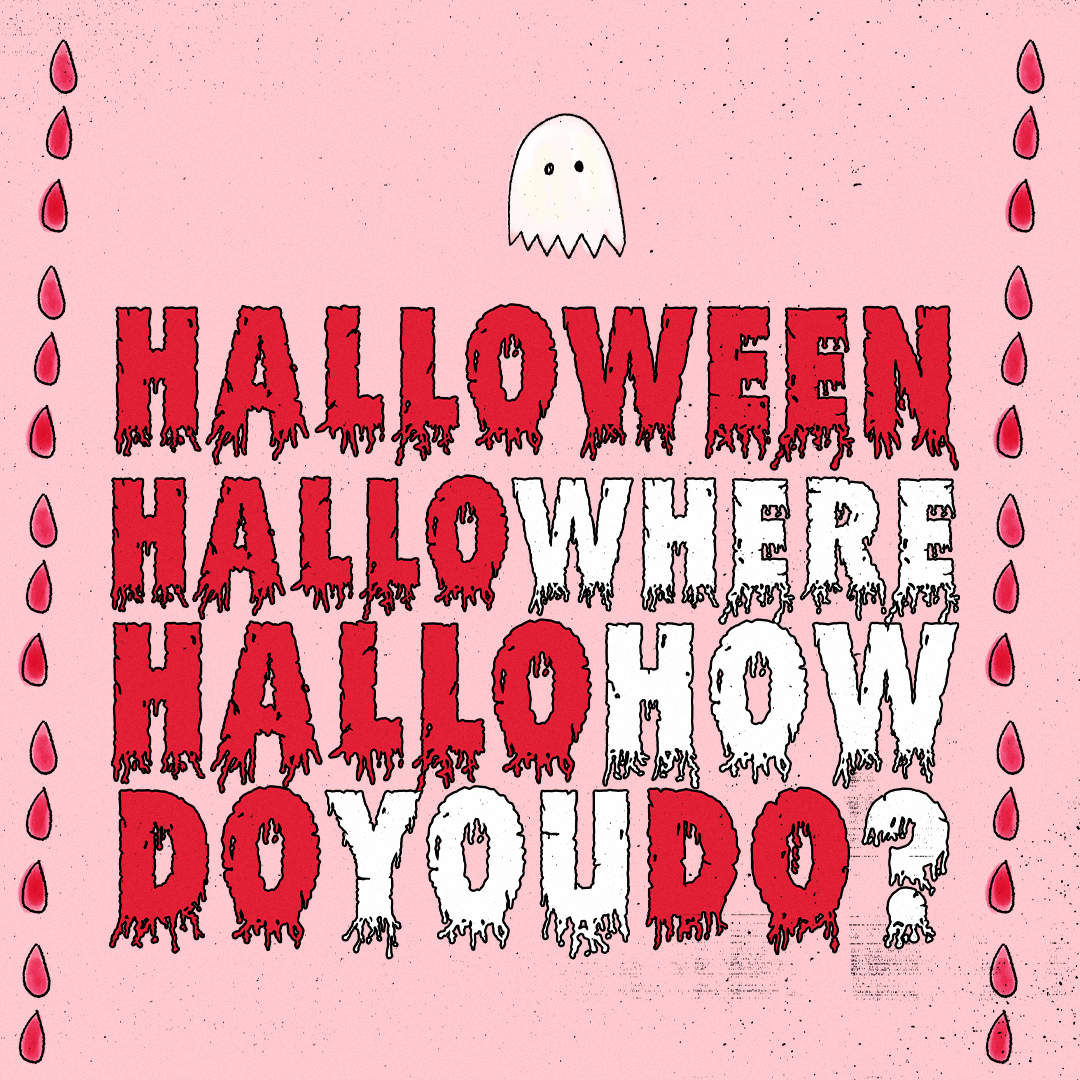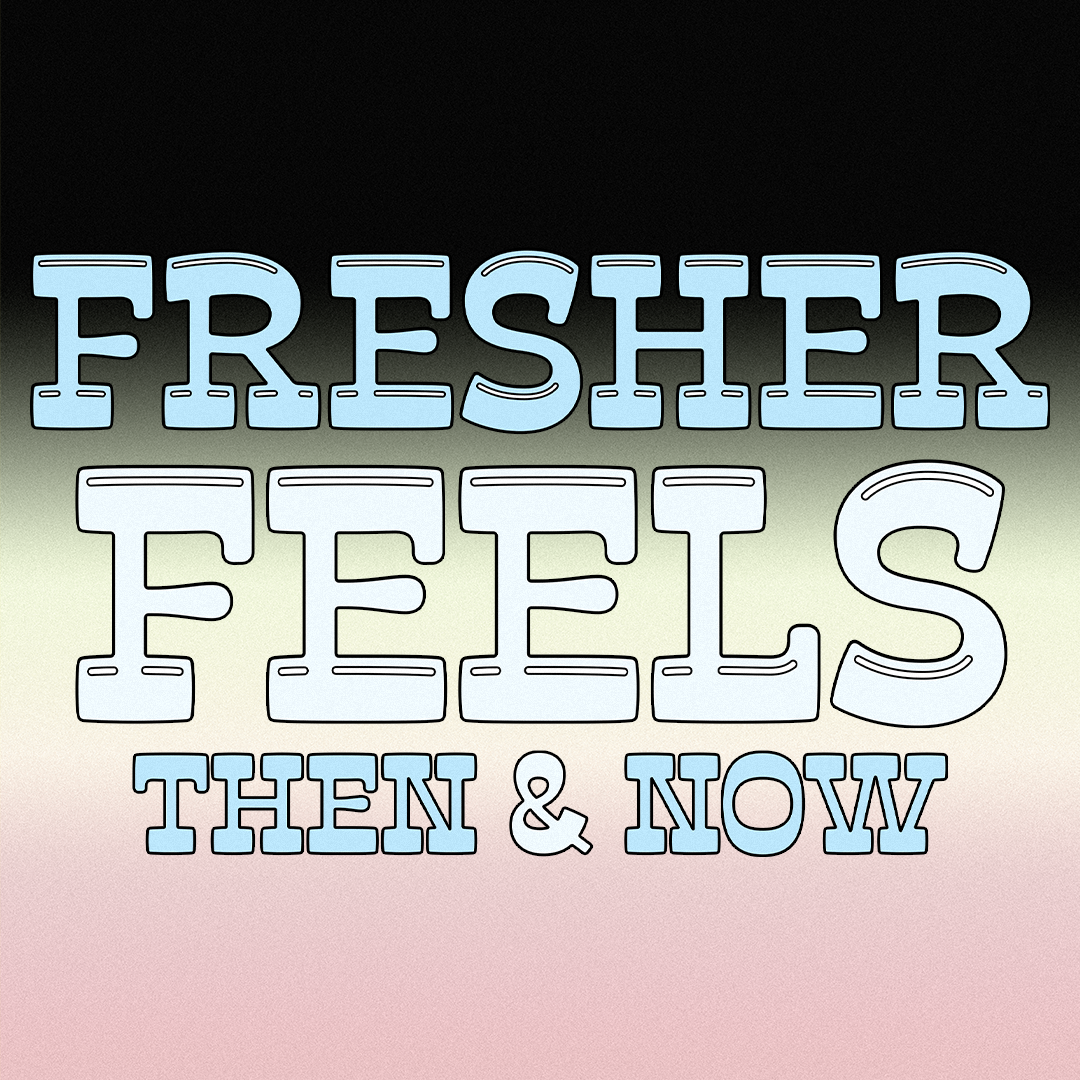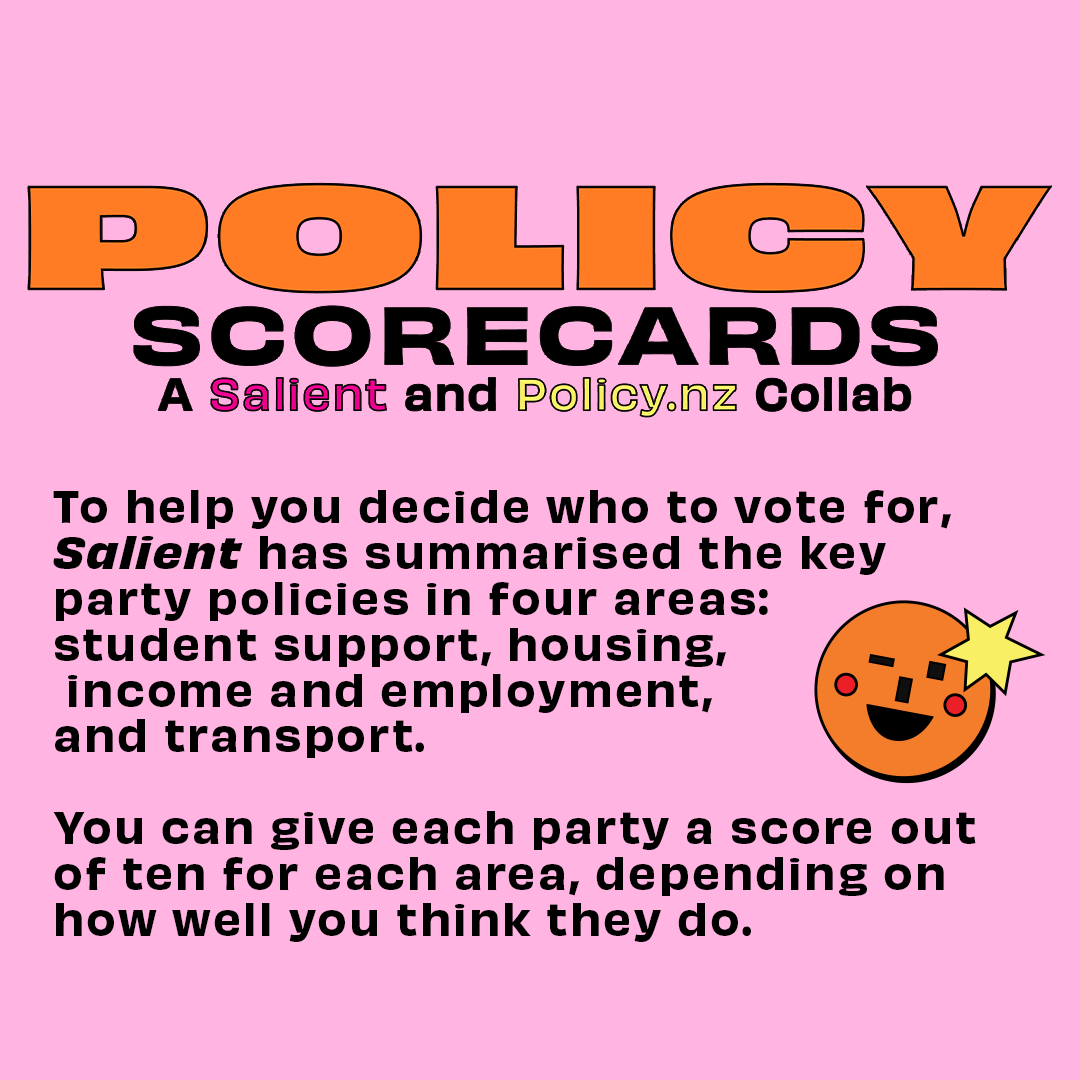
Ah, nostalgia—that bittersweet sensation that tugs at our heartstrings and transports us back to simpler times. When I first heard the theme for this week’s Salient, I knew exactly what I needed to share, but I couldn't help hesitating. Was I ready to confess my most significant, darkest secret?
2000’s nostagliacore is all over my FYP. Soft-grunge 2014 Tumblr is resurfacing. I’m going on Sylvanian shopping trips. It feels like my brain has been wired back to the past. For the first time since I was 16, I’m off birth control. Maybe this #tbtthursday is more like a freaky friday with my teenage self.
Okay, I know it’s not technically Halloween. This issue is closer to the election than that good ol’ murder-mystery-skeleton-fright-night. But the Christmas pop up store is already flaunting its red and green cheer on Willis Street, so it’s official: nothing is real anymore, including time.
After many years living overseas, I finally landed in my teenage room for a few weeks to escape the burnout of my most sincere attempt at adulting and keeping myself together. To my delight, I was surrounded by my old book, CD, and movie collections. I dove deep into my bookshelves and found my hardcover, linen copy of Alexa Chung’s 2013 book It.
It’s the tenth time this week that I’ve heard this song, but I don’t mind. I’m suffering in the Vic Books queue with only five hours of sleep, patiently waiting for my flat white (cow’s milk) in a takeaway cup while pondering whether Harambe truly deserved to be shot. The First Year Panic™ effuses amongst us all, each person avoiding eye contact with one another in fear of being perceived.
I wanted to speak to the only person with the ability to know for sure what’s in store for election day, so I travelled to Christchurch to sit down with psychic medium, Ron L. Griffiths.
Ever been glued to your TikTok For You page instead of writing an overdue essay? Perhaps you’ve seen Christopher Luxon or Chlӧe Swarbrick pop up. Nearing the election, New Zealand’s political parties are ramping up their social media campaigns with TikTok. But how good are these attempts to connect with young voters? I’ve scrolled through the politicians’ TikTok pages so you don’t have to.
In news just as shocking as the next Prime Minister of Aotearoa being named Chris, voters at Victoria University of Wellington have overwhelmingly indicated their support for a left-wing government this election.
I’ve always struggled with what box to tick on forms that only give you one option for your ethnicity.
It begs me to consider: well, am I Samoan, or am I European?
I’ve ticked the latter more often.
A significant attribute of the South Pacific region is its diverse cultures, dialects, and ethnicities. ‘Aelan’ means ‘Island’ in Bislama, the language of Vanuatu. For this ‘Aelan Lines’ section, we would like to give you insight into Pacific Island diversity through introducing some current Pasifika VUW students who are also important Pasifika figures in their own right.
What comes to mind when I ask you, “What do you think of when you think of the Pacific Islands?” Let me help you. I am sure you think of white sandy beaches, crystal clear turquoise waters, and swaying palm trees. But what you might not know is that behind these serene shores lies a treasure trove of humour, quirks, and downright hilarious traditions that make up the ‘Real Island Way’.
As the stars twinkle in the night sky, they twinkle like us, the grandchildren in my grandparents’ eyes.
As the sun rises and the sky light sweeps the darkness of the night away, I rise too, in my grandparents' home.
As the pan of eggs seethes and toast jumps up from the toaster’s heat, I jump to the large breakfast table and prepare for my grandfather’s prayer.
Pasifika communities, spanning the vast expanse of the Pacific Islands, have cultivated a profound connection with their land. At the core of this relationship lies a commitment to sustainable agricultural techniques that underpin their food security and serve as pillars of cultural identity. Among these techniques, taro cultivation, yam farming, and breadfruit cultivation stand out as time-honoured practices, deeply woven into the fabric of Pasifika life.
There’s a legend in Tahiti that is told like this: One day, an awful famine hit our lush and bountiful Otaheite. Utari, a husband, father of two and valued member of the community, fled to the valley, where he hunted for days to find food for his feti’i (whānau). After being gone for three days and three nights, he came back to his fare (whare) late at night with a pig he caught, but his tamari’i (tamariki) and vahine (wahine) were fast asleep.
Smash cut to the late Cold War, and James Cameron and Christopher Nolan are children growing up in the shadow of the bomb. Cut back to now, and they’re the reigning blockbuster kings, making entertaining spectacles that also reflect humanity’s capacity for annihilation and severed connection. Cinema is an art, so it reflects the experiences of the artists. If the art we make reflects our reality, what will our generation make?
Whether it be oil splatters on a blank canvas, leaps and pirouettes on the stage, or lyrics crafted from the bedroom floor on a rainy day, art exists in various forms. If you are anything like myself—an avante-garde critic, a purely cultured individual, and a hedonist to the highest degree—seeking pleasure in all forms of art is simply a must.
Nothing is stopping me from getting into drag. At 16 years old, alone in my bedroom, five hours into a Ru Paul’s Drag Race binge, this thought repeats in my mind. I carve out the contours of my face and tape my breasts beneath my armpits. King Markiss is born. People don’t look at me like they look at drag queens, though. The second time I go out in drag is at Cuba Dupa and I am looked upon with confusion, if not contempt.
Theatre brings fantasies alive on the stage: a sentiment particularly true for Wicked, a production packed with hit musical numbers, glittering costumes, and a formidable set. But behind the curtains is a stark reality: the majority of those creating this magic are not compensated for their efforts. Casting an investigative spotlight backstage unveils a tale of unpaid actors, bewildering pay contradictions, and an industry that capitalises on the passion of its performers.
I knew when I accepted the job that I was a token Māori hire. I naively hoped that I wouldn’t be – that I could make my role and my mahi matter, that I would be able to create impact and change that aligns with what māori have been asking for (like basic respect and equality at the bare minimum). But I’m now nine months into a should-be dream job, feeling burnt out and fragile from the workload of trying to battle a culture and system that inherently excludes, ignores and disempowers Māori.
I grew up in Murihiku, part of Ngāti Tahu (Kāi Tahu); despite the area's perceived Māorilessness and rampant racism, our Māori culture persists. With just a 15% Māori population, I don't blame others for their perceptions. Being visibly Māori often requires falling into stereotypes.
There are many appreciative waiata out there; regardless of whether you agree or disagree, these are for sure on top. Most of these are those who are thankful for a significant other. Whether that be whānau, iwi, tāngata, tūpuna, partner etc. This is shown through various ways of beautiful poetry and elaboration of words, mixed with deep emotions of love, appreciation, great-fullness and all that. Especially in waiata reo māori, those who are in deep pain or love for their significant other or even your iwi anthems showing aroha for wherever you're from.
A long time ago, our tūpuna set out on a wondrous journey. They sailed in their waka in search of a new home. Guided by the whetū and pari o te moana in hopes of reaching their destination. The buzziest part about their journey is that each waka left at different times took different paths, and even went at different paces. Yet, they all ended up at the same destination.
Do you remember how stupidly young we were, chasing the sun, always wanting to be outside at night, and now we can barely muster enough energy to make it to town - let alone get our plans out of the group chat? Oh, how old we’ve gotten (we’re 19).
Student executives are designed to advocate, promote, and empower student voices and the community. What encompasses student executives is this desire to serve – to serve for want of change, for want of advancement, but most importantly for want of wellbeing.
This article is to show gratitude for our Māori lecturers. Having just finished my degree, I have been reflecting on those who pave the path for us to achieve our tohu and how we ought to express our gratitude to them more frequently. I will talk a bit about some key lecturers and tutors I have had below, and also issue us a challenge going forward for how we might show our lecturers gratitude more frequently.
What does it mean to be part Māori, having grown up in a Pākehā environment? This question has troubled me in recent years as I have begun to navigate my identity, attempting to visualise where exactly I stand in the world.
The Barbie movie was released into the world over a month ago, to fervent anticipation. The marketing (with a budget of $150 million) was unmatched, with brand deals, a soundtrack filled with pop legends, and a trailer that didn’t tell you anything about the plot. A major pop culture and media moment, Barbie catalysed a global conversation responding to the movie.
When we discuss 'social media boundaries', the conversation usually centres on taking a break from our phones on Sundays, switching off notifications, and setting up apps to limit screen time. For me, there is something more concerning about the openness of self that comes with social media.
Paddy Gower pulled up to the Student Union building in his old, red family wagon, greeting us with a firm handshake and a chipper smile. The NZ media heavyweight kindly squeezed in an hour of his day to come along to the Salient office, the place where it all began for Gower, and chat about media, politics, and how he got to where he is.
For features from 2022, click here.






























